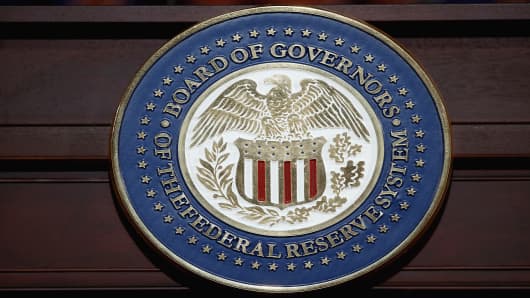The Federal Reserve will have to raise interest rates as aggressively as it cut them when it becomes clear the economic recovery has taken hold, to avoid flaring up inflation, Charles Plosser, president of the Philadelphia Fed, told CNBC in an interview.
Analysts have been worried that the various stimulus programs and money-printing around the world will cause devaluation and price rises, and some European officials have suggested that all stimulus measures be pulled out at once to prevent that.
The Fed has an exit strategy, which it will apply when needed, Plosser said.
"Our exit strategy is really quite simple: we have to begin to pull back from our extraordinary programs, we have to begin to shrink our balance sheet, otherwise we will feel inflation in the months and years ahead," he said.
For the next few quarters inflation is not a problem but it may become so later unless the Fed orchestrates its exit carefully, according to Plosser.


